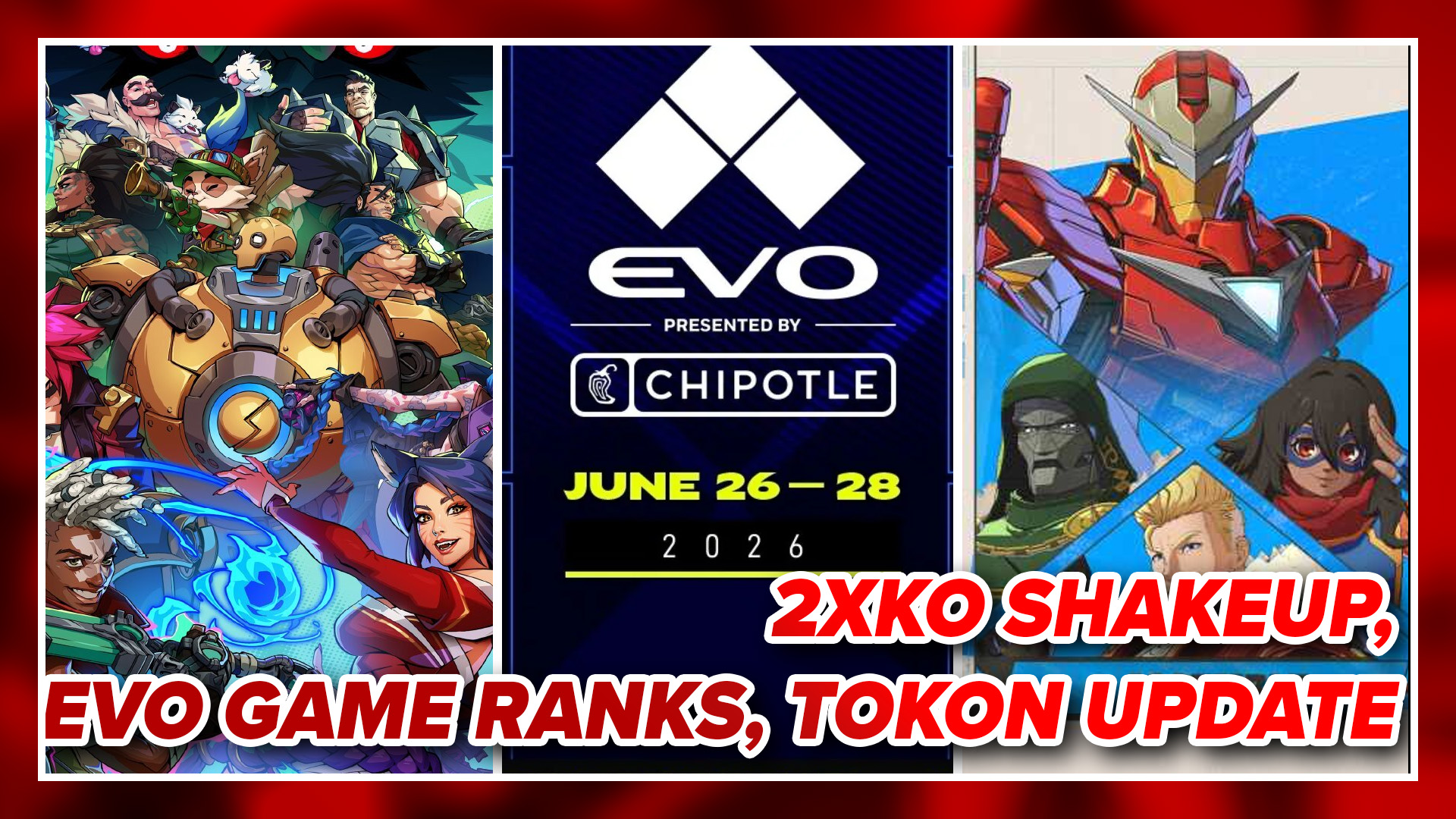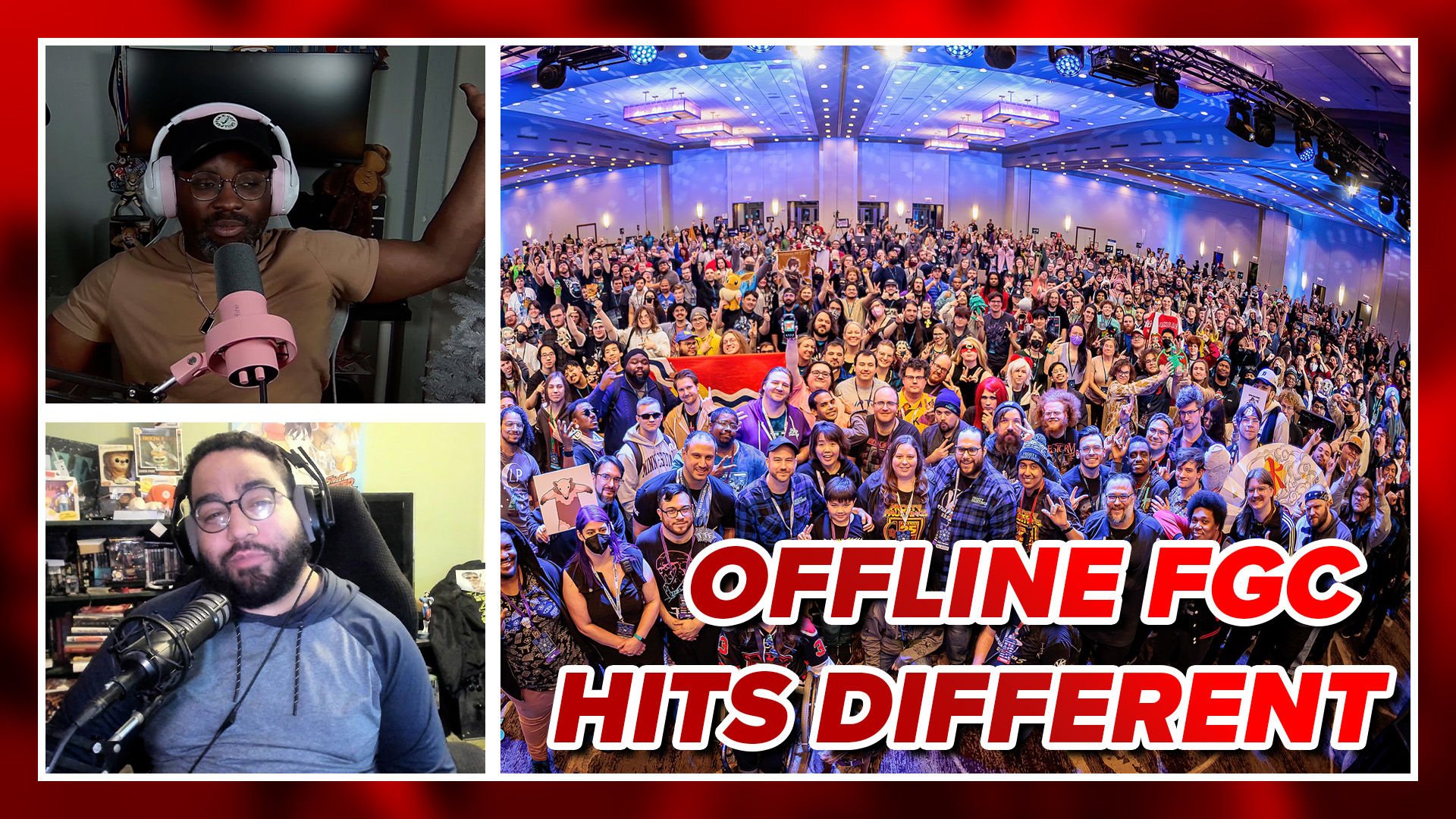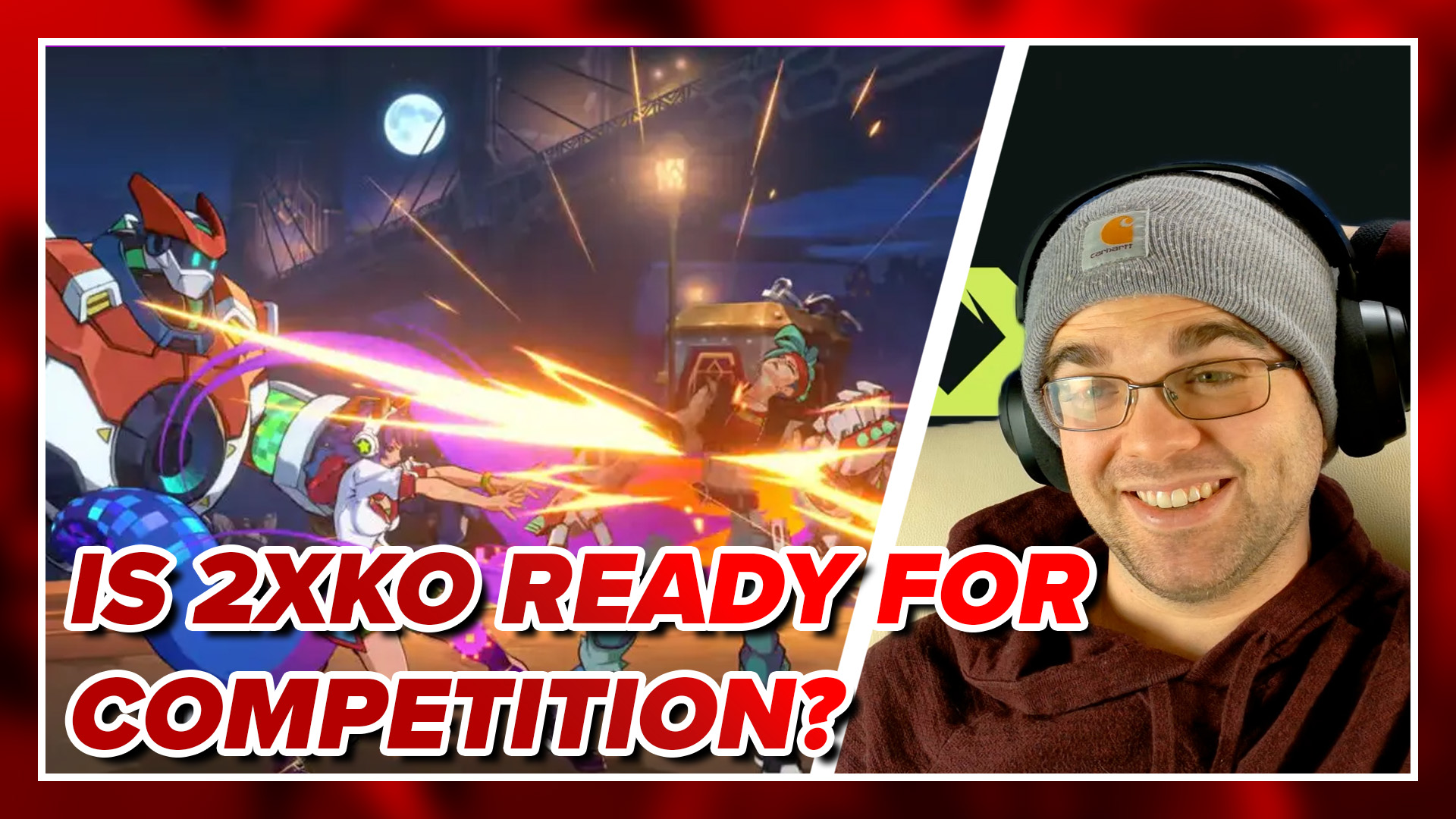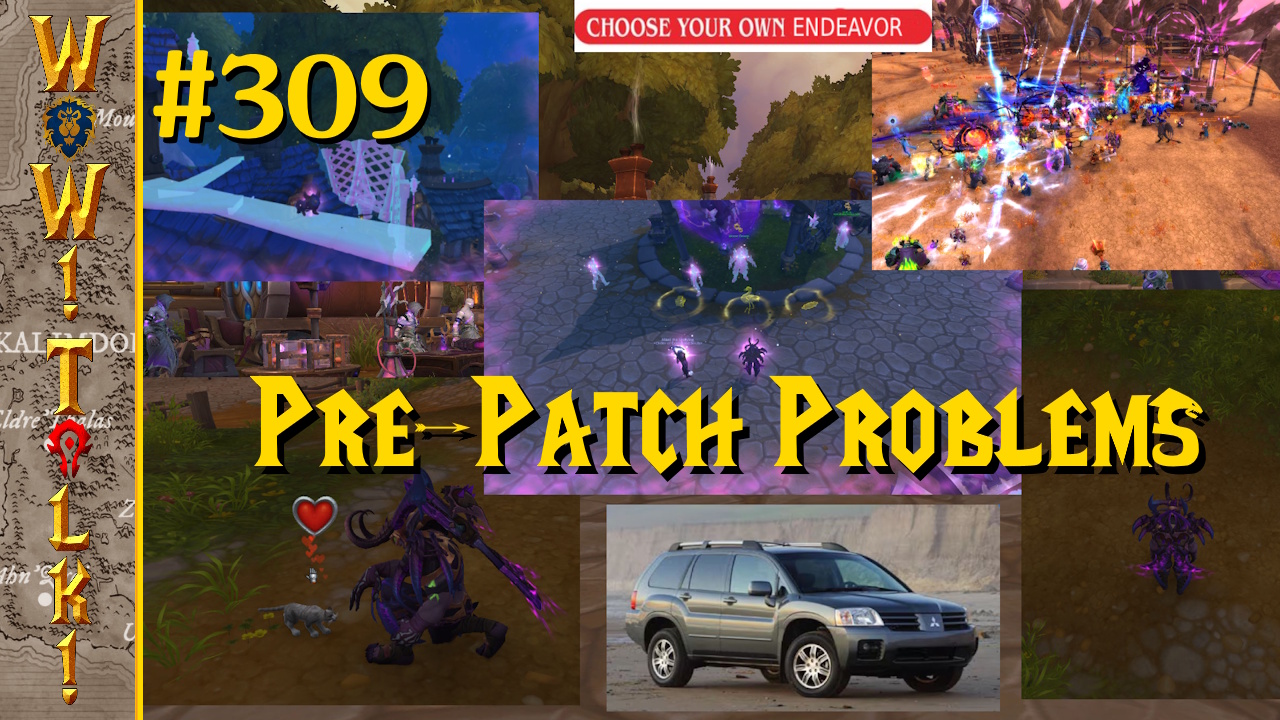Preface: While I believe I successfully avoided full blown spoilers, I wanted to warn readers that this editorial may spoil the overall tone of the game for you. It may not sound important, but because of the way the story is told and the events that unfold, it was a huge part of the experience for me. I though it was only fair to warn you before you read on so that you would have the same opportunity to experience the game the way I did.

In games, movies, and other media we have seen various archetypes of heroes. No matter their origin, quirks, or weaknesses, in most cases they overcome the odds and save the day. Heroes go against well laid out plans, buck sound advice, and even defy orders given by superior officers in order to “do what’s right” and “save the day”. Even in cases where they don’t save the day, they fight the good fight, try their hardest, and take a hard lesson with them to their next heroic feat. Sometimes you need a hero; someone who will step up and do what needs to be done. However, there is a time and place for everything; and that goes for heroes as well.
Not every situation needs a hero. Some situations need well laid out plans, teamwork, and everyone doing their part. There is a chain of command for a reason, and a lot of the time heroes don’t fit into that chain. Someone trying to be a hero where none is needed can cause more damage than good. Spec Ops: The Line explores that concept.
In Spec Ops: The Line you play as Captain Walker, the leader of Delta squad. Your squad has been tasked with going to Dubai, which has been devastated by massive sand storms. Delta squad’s mission is clear: make it to Dubai, scout the area for survivors, then report back to send in the cavalry. Once Delta squad has made it to Dubai they quickly find out that something is wrong. You walk into what appears to be a rogue U.S. Army battalion battling it out with local insurgents for control of the region. This is where Captain Walker is supposed to call for backup. Of course, that doesn’t happen and the game continues.
There are a few reoccurring things that happen during the game that I really didn’t feel the impact of until I reached the end of the game. Even though the end of the game had a pretty big twist, these specific items weren’t involved. Throughout the story you will hear Walker say several times that HE or THEY (Delta squad) have to save the civilians. He will also repeatedly bring up that THEY (once again, Delta squad) have to defeat the 33rd. He has two squad mates, and both mention that they need to call in backup multiple times. Each time Walker’s response is “no,” because THEY need to secure the situation and THEY need to save the people.

Another thing I didn’t realize until after I beat the game is that Walker idolized another character in the game named John Konrad; the man who lead the 33rd into Dubai to perform an evacuation effort that ultimately failed. John Konrad was a highly decorated war hero, and even saved Walker’s life on one occasion. The game begins with Walker talking about how great Konrad is, and as you’re playing, Walker will reiterate that Konrad is a hero and can’t be involved in what’s happening.
Why do I bring this up? While I was playing the game, I really didn’t think anything of these statements. But after I finished the game and was able to look at everything as a whole, I realized Walker was no hero; he was a guy with a hero complex. When he saw what was happening, he was quick to jump to a few conclusions. With these conclusions in his head he saw an opportunity to save the day and be lauded as a hero. He wanted people to view him the same way he viewed Konrad. He wanted to be the man that saved Dubai.
This hero complex leads to a lot of bad decisions being made. The impact of some decisions will be felt almost immediately, while others won’t smack you until you can see the big picture, and the end result of your “heroic efforts”. One decision that’s immediately felt causes a crack in the psyche of the squad. A crack that will extends all the way through the end of the game; further affecting the soundness of the decisions made by the squad, specifically by Walker.
Walker wasn’t the only character in the game with a hero complex. His idol, Konrad, also had one as far as I’m concerned. He was sent in to evacuate Dubai, but his superiors soon told him to drop that plan and get out of the region. He refuses and attempts to evacuate anyway. This leads to the death of a lot of civilians, and causes other events to unfold inside of the 33rd. If Konrad had followed orders none of this would have happened; if Walker followed orders, I’m sure the outcome would have turned out better than any of the four endings.
Hindsight being 20/20, you can see a lot of foreshadowing of Walker’s story by paying attention to what you find out about Konrad – through dialog and intel picked up in the game. Yager (the developer) did a great job laying out this story. There really isn’t anything hidden from the player throughout the game. All of the pieces to the non-puzzle are presented to you in plain sight. Yes, there is a twist at the end; honestly though, players shouldn’t be too surprised by it. What surprised me after the credits started to roll was the picture my brain started to piece together now that I could see the whole. After that picture was complete I was stunned by what I just played through.

There is no mystery as to what is going on, but I can guarantee that most players won’t fully understand what’s happening until they reach the end of the game. This, to me, says something about us as players. We are so used to the hero “doing the right thing” that no matter the means, no matter who dies, we don’t flinch; the ends justify it. Every time Walker declined to call in backup because THEY needed to save the civilians, I just rolled with it. Not just to continue with the game, but because I figured by the time I reached the end that we would accomplish our goal of saving the civilians. It never really occurred to me that there was a possibility that we may not succeed in our mission. And even if we didn’t succeed in our mission of saving the civilians, we could at least stop the rouge 33rd, right?
As the game continues and you can see the squad unraveling, both physically and mentally, it should be pretty obvious that something just isn’t right here. But as a player, I just went along with it because I figured at the end of the day we would be the good guys; that we were doing the right thing. The scary thing is that even as I was successfully completing a mission that was clearly not in the best interest of the civilians, in my head I thought that I was doing what needed to be done for the greater good. Perhaps Spec Ops brought to light my own hero complex as a player.
Spec Ops: The Line has raised the bar when it comes to the gray area of morality in not only story, but game play. On more than one occasion while playing, and definitely after playing, I felt bad for things that I had done. And that says a lot coming from a guy who has no reservations about griefing players in first-person shooters. I truly applaud what what Yager has done here. Not only did they manage to take the 3rd person shooter genre (which is typically stale) and breathe new life into it with great AI and awesome game play mechanics, but they also managed to tell great a story that delivers a moral lesson about hero complexes. Not just the hero complex a lot of game characters have, but the hero complex inside of players as well.




